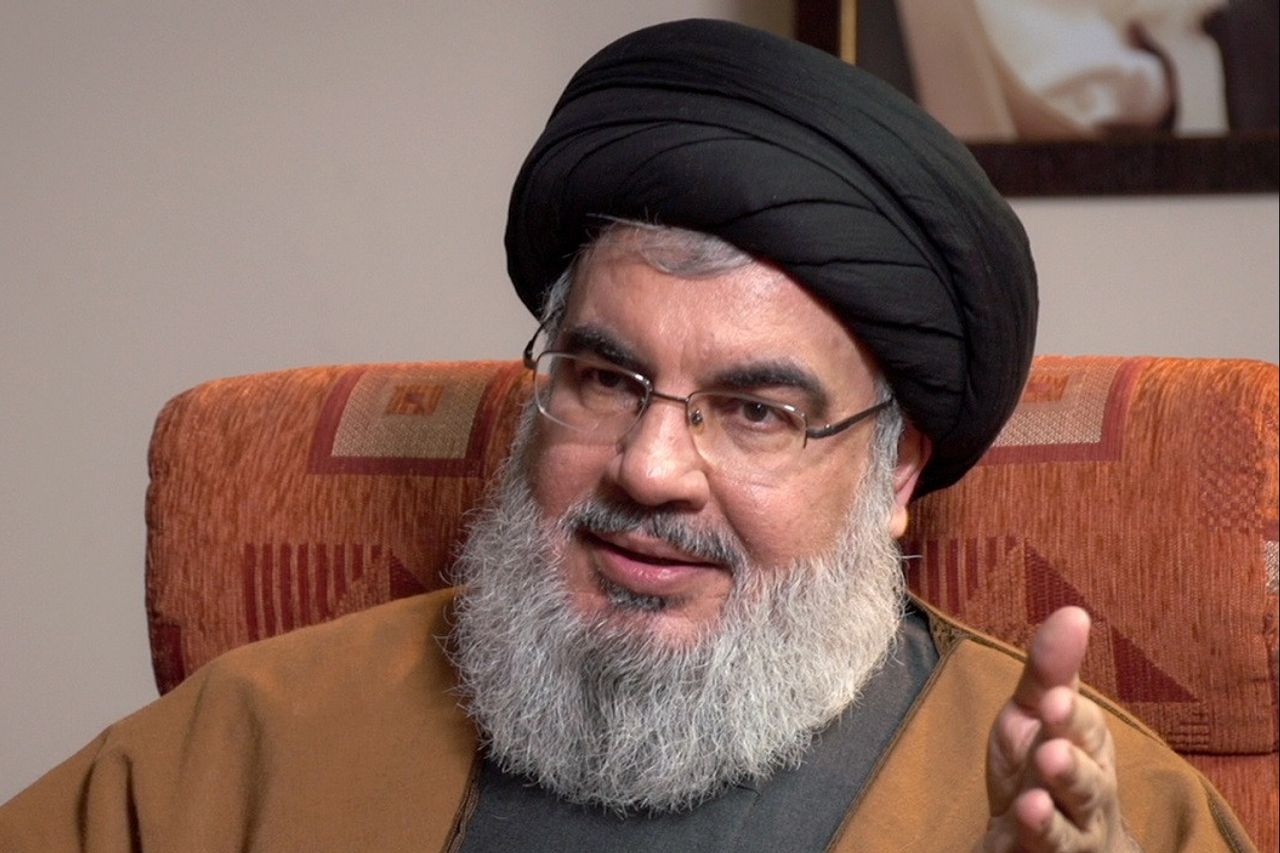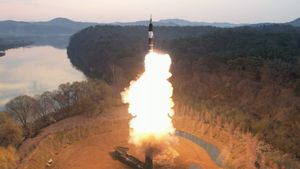The Late Leader Of Hezbollah Hassan Nasrallah Will Be Buried After A Ceasefire

JAKARTA - The body of the late leader Hezbollah Hassan Nasollah will be buried after a 60-day initial ceasefire with Israel ended, a senior official Hezbollah said while visiting the place where Nasrallah was killed.
Speaking to reporters in the Shia Dahiyeh camp, Beirut's southern suburbs, Wafiq Safa said preparations for Nasrallah's funeral and his successor, Hashem Safieddine, were underway.
"Hezbollah is ready to face any aggression in the right way," he said, quoted from The Times of Israel January 6.
It is known that Israel and Hezbollah agreed to a ceasefire on 27 November. The 60-day ceasefire brokered by the United States ordered a gradual withdrawal of the Israeli military after more than a year of war, in accordance with UN Security Council resolutions in 2006 that ended their last major conflict.
Under the agreement, Hezbollah fighters had to leave position in southern Lebanon and move north of the Litani River, which flows about 20 miles (30 km) north of the border with Israel, along with a full withdrawal of Israeli troops from the south.
But Lebanese military officials have received a "serious signal" that Israel could extend its presence in Lebanon for 30 days, reports a newspaper affiliated with the group on Saturday.
Late last December, a London-based Saudi Arabian news agency, Asharq Al-Awsat, reported that Hezbollah had chosen a burial site for Nasrallah who was killed in an Israeli airstrike on Beirut's southern suburbs on September 27, quoted from The Jerusalem Post.
Hezbollah reportedly plans to bury Nasrallah in a plot of land along the old road to Raff Hariri International Airport, which will be converted into a holy place, sources told Asharq Al-Awsat.
Preparations are being made for a joint public cemetery for Nasrallah and Chairman of the Executive Council of Hezbollah, Hashem Safieddine.
Unlike Nasrallah, the sources said Safieddine would be buried in his hometown of Deir Qanoun, Tyre District, according to his wishes.
It is known that Nasllah was killed in an Israeli airstrike targeting Hezbollah's stronghold in Dahiyeh, south of Beirut. Israeli warplanes dropped more than 100 bombs weighing more than 80 tons of bunker-destroying bombs, destroying six buildings and Hezbollah headquarters.
Nasllah was killed, along with other Hezbollah commanders including Ali Karaki, Hezbollah's military chief who was then appointed commander of the south front.
On October 3, the next Israeli attack targeted an underground bunker in Dahye, killing Safieddine, a figure previously said to be replacing Nasrallah, with reports indicating that more than 70 tonnes of bombs were being used.
In October, sources close to Hezbollah said Nasrallah had been temporarily buried in a secret location for fear Israel would target a massive funeral.
"Hassan Nasllah has been buried for a while, until the situation allows for public cemeteries," the source said, quoted from The Hindu.
SEE ALSO:
The source said public cemeteries were unlikely "because they were concerned about the Israeli threat that would target mourners and their burial sites".
The Shiite ritual is known to allow temporary funerals like that, when conditions do not allow a proper funeral or the deceased cannot be buried in the place they want.
A Lebanese official who spoke on condition of not being named said Hezbollah, through top Lebanese officials, had requested but failed to obtain a "guarantee" from the United States that Israel would not target a public cemetery.

